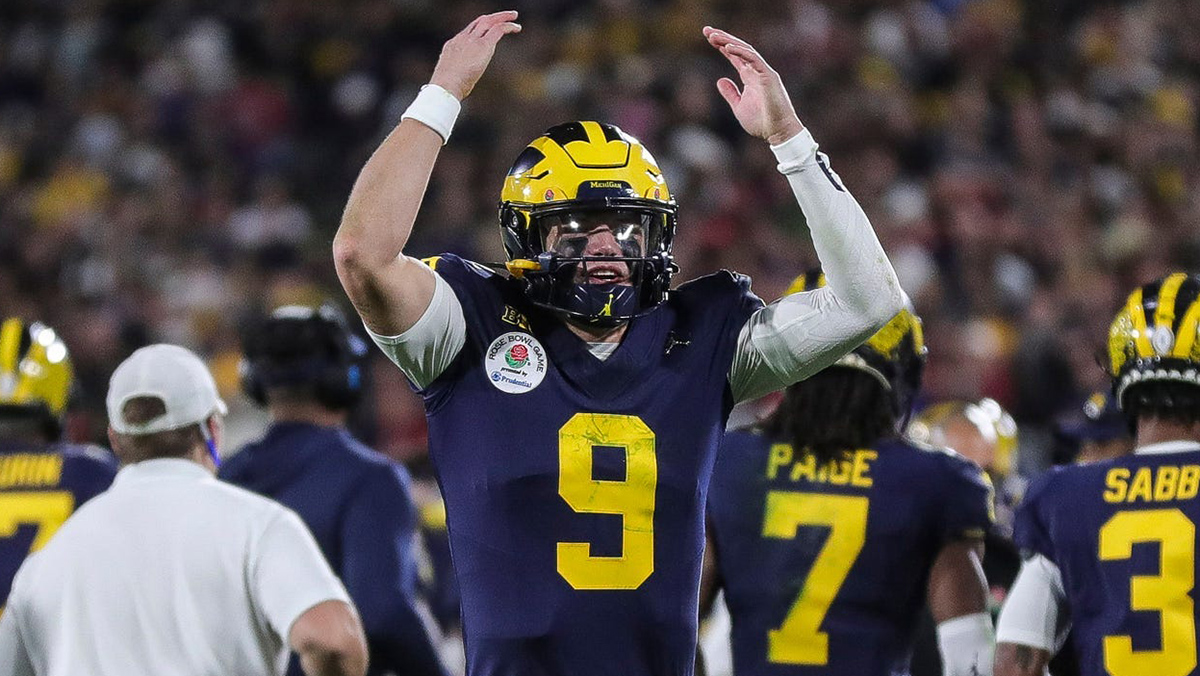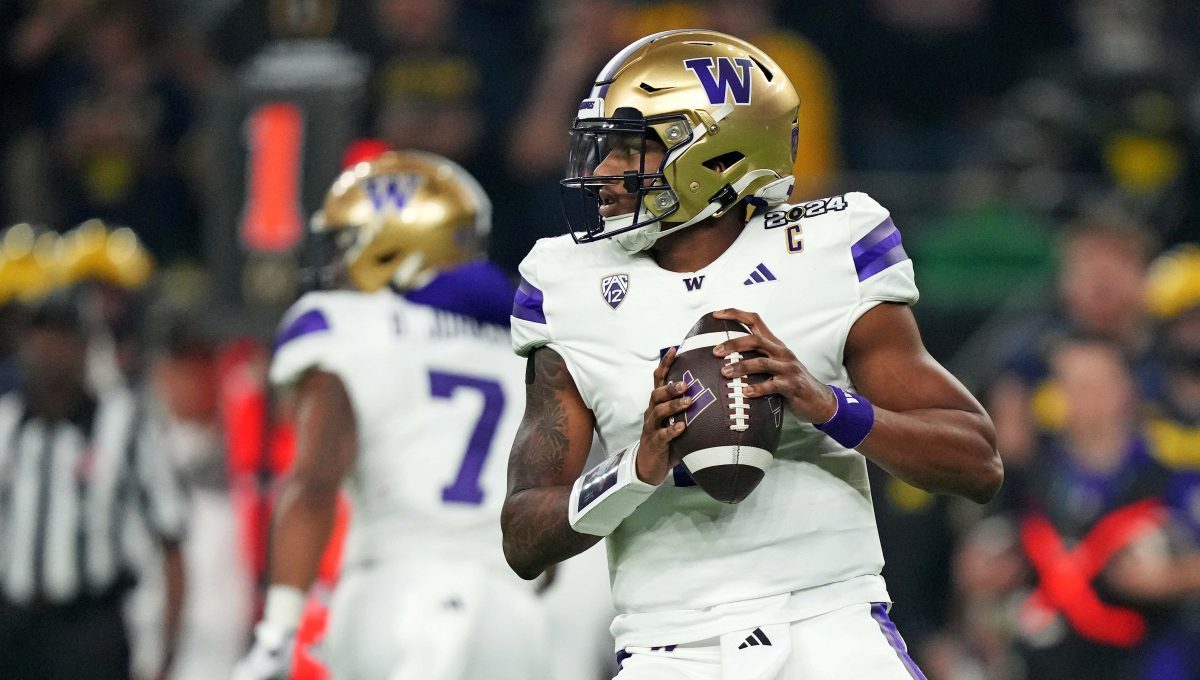By now you know that the Supreme Court overturned the federal ban on sports gambling, "opening the floodgates" for states to determine whether or not they want to get in on the game.
What's it mean for NFL fans? It means their league - which fought legalized sports betting over concerns of how it may impact the outcomes of games - stands to profit in a big way. It also means that the way in which football is consumed could be changed forever.
Let's touch on a couple of those potential changes here...
THE MICRO-WAGER
Gambling on football was hardly difficult before the court's ruling, and once legalized it should only get easier depending on how individual states handle the decision. Still, the ability to bet on in-game props or make micro-wagers on the outcomes of specific plays - something that football's pacing makes possible - could drastically impact the viewer experience. Depending on how it's handled, there could be an opportunity for fans to wager on every play. "This should reinvigorate the NFL and drive value into teams," Washington Wizards and Capitals owner Ted Leonsis recently told CNBC. "You have 11 players on defense and offense, each doing a discrete action, and then there's 30 seconds in between plays. Now all of a sudden football can be reborn."
For a league looking to make its product more interactive, that's a seismic opportunity. And if certain bets were available via a mobile app for in-stadium users, it could even serve as a draw for "the public to get off its collective couch and to the stadium," as SI.com's Albert Breer put it.
THE BROADCASTS
The ability to legally gamble on the NFL should only help generate more interest, which should help ratings, which should increase rights and advertising fees. That much seems to be a given. It's part of the reason why Mark Cuban told CNBC that teams across the NFL, NBA, MLB and NHL could double in value after the Supreme Court decision.
But NFL broadcasts themselves could be significantly altered. The stigma attached to doing the type of show that discusses lines, over/unders and props - a stigma that has faded - is now that much closer to being erased. The result should be more opportunities for entertaining personalities to build followings, and for creative gambling-specific content to become staples for average fans. (Please continue to tune into the soon-to-be-imitated but never-duplicated "Football Fix" when it makes its return in a few months.)
As for the in-game broadcasts themselves, networks that invest in understanding the gambler's interests may be able to separate themselves. Where let's-get-this-over-with banter once peppered the final 30 minutes of a blowout, commentators could do what was once considered taboo and openly discuss the odds. Where play-by-play men once felt as though they could only subtly nod to a bad beat, now they might revel in them.
New England Patriots
There still may be limitations to how the ruling Monday impacts the consumer experience. The first is time; there are questions as to how long it'll be before certain states move to get their own laws on the books. But there's also the battle that the NFL -- not to mention other leagues that were in favor of the federal ban -- seems intent on continuing to wage.
Leagues have no legal ground to fight the Supreme Court's recent call. What they can do, though, is do what the NFL did in the hours following the ruling: Lobby for federal regulations. In a statement, the NFL explained that it intended "to call on Congress again, this time to enact a core regulatory framework for legalized sports betting." In other words, the NFL would like there to be federal guidelines to which states would have to adhere. That way the NFL wouldn't have to deal with the headache associated with 50 states having 50 different sets of laws. That could throw a wrench into how quickly change arrives.
But given the multiple streams of revenue that are potentially in play based on the Supreme Court's ruling - the league landing a percentage of all football bets, partnerships with casinos, "integrity fees" paid by states - the NFL may quickly warm to the idea it fought for so long. NFL Commissioner Roger Goodell has said his goal is for the league to have annual revenue of $25 billion by 2027. The Supreme Court decision could very well help it get there someday.


